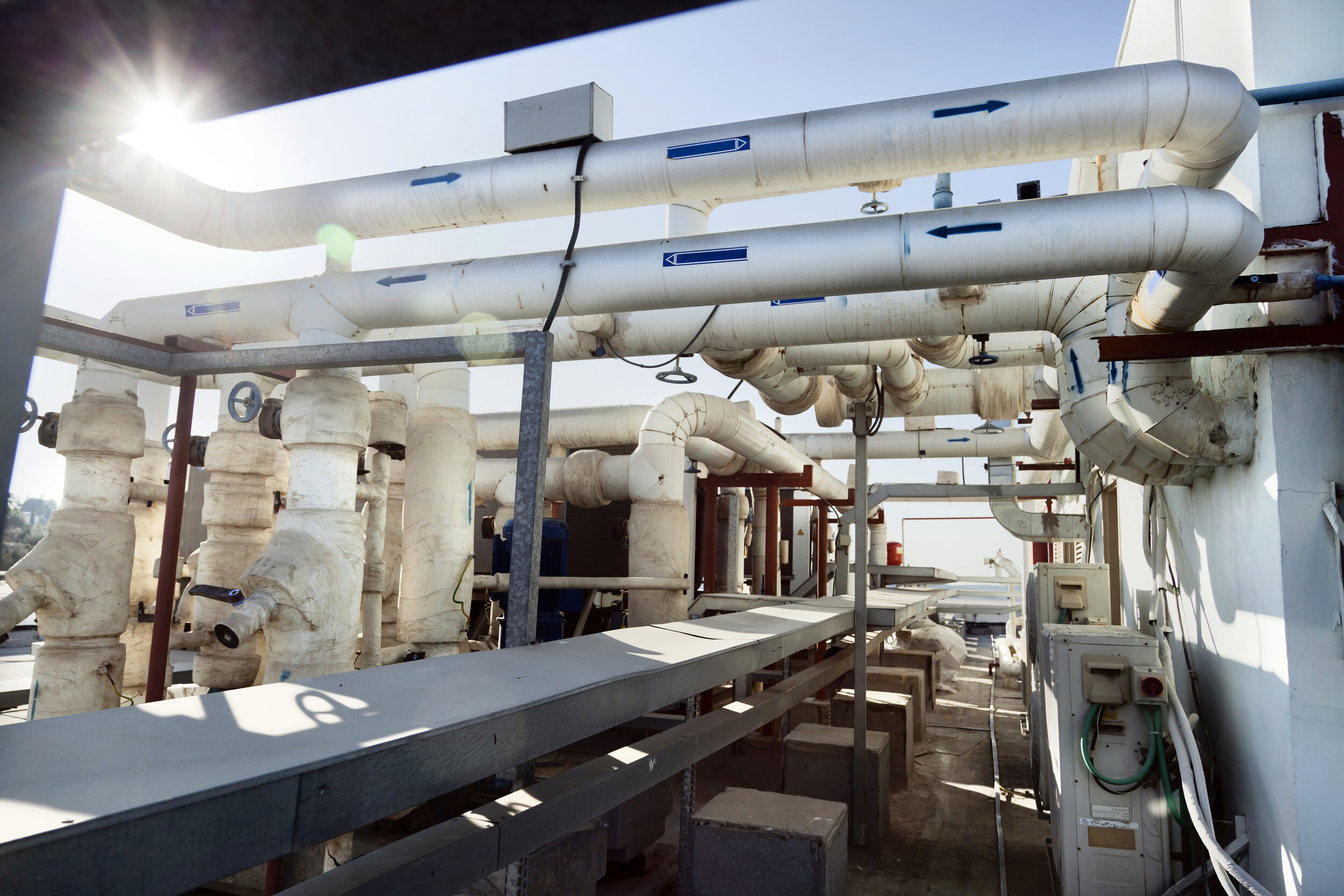Mechanical System Maintenance Tips
/When it comes to heating and cooling mechanical systems, JCW has plenty of experience within an array of site types, as well as different levels of maintenance requirement. Large mechanical air handling systems require maintenance visits by law. However, to max out the life expectancy and ensure optimum performance capacity, there’s a whole checklist of maintenance tips that Maintenance Managers could adopt, in order to reap the full benefits of their plant mechanical system.
Deep maintenance
Cleanliness
Prolonged use of mechanical systems means that debris can accumulate and get trapped in various parts of the unit. Many mechanical AHU systems should receive regular filter changes, but this is not to be mistaken as a full clean.
When critical components become dirty from moisture build up within the mechanisms, where dust and debris also gather, it becomes a perfect environment for mould and bacteria to develop. So heavy dirt build up will not only negatively effect performance, but more seriously, can lead to respiratory issues for patrons’, due to microbes delivered through the air output mechanism.
Repairs
As well as keeping your mechanical system clean. Key internal mechanical components also wear out or off set over time, if left unchecked these issues can develop into breakdowns as well as an increased energy bill.
When valve placement is off set, your mechanical system maybe giving off heating and cooling at the same time. When cooling coils are covered in dirt and dust, increased static air pressure causes an energy drain on the fan mechanism, from pulling the air though forcefully. Regular minor mechanical checks will detect faults like these and nipping issues in the bud.
Mechanical Air & Ventilation legislation checklist at the workplace
Legislation HSWA 1974 require ventilation systems to carry clean and non-polluted air to patrons. This responsibility falls on both Employer and Service Contractor.
Workplace (Health, Safety and Welfare) Regulations 1992 require Employers to provide a minimum temperature of 16°C in general working conditions, and 13°C in situations where strenuous labour is performed.
Gas Safety Installation and Use Regulations 1998 require Employers to be responsible for quarterly carbon monoxide emission tests.
Gas Safety Installation and Use Regulations 1998 also calls for Employers to be responsible for quarterly carbon dioxide emission tests.
Pressure Systems Safety Regulations 2000 (PSSR) require Employers and Service Contractor to source Risk Assessment and/or Test Certificates for mechanical gas systems’ pressure vessels.
Pressure Systems Safety Regulations 2000 (PSSR) also require Service Contractor to source Risk Assessment and/or Test Certificates for mechanical gas systems’.
When to maintain
Prevent mechanical system failures with a proactive approach via a major maintenance visits, by having your mechanical assets maintained every year when the weather is at it’s mildest; after the warmest days and before the cold sets in. By doing so, this allows for plenty of time for repair work should a fault be discovered, also it is done and out of the way before the mechanical system is needed on a full scale for colder times.
JCW offer tailored service packages for clients in industrial, commercial, retail and public sector. Contact us to find out how we can tailor our maintenance services for your premises.
A well maintained ventilation system at the workplace is a statutory requirement. Our engineers provide planned maintenance services for ventilation systems nationwide. Leisure, retail and commercial site managers can be assured your mechanical equipment is up to inspection standards to meet legal obligations.















